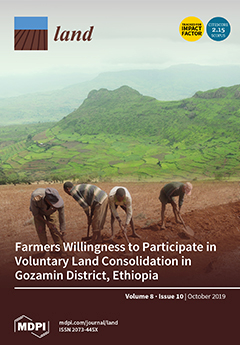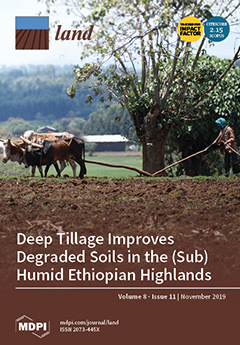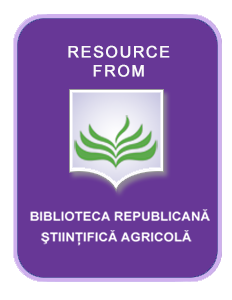Farmers Willingness to Participate In Voluntary Land Consolidation in Gozamin District, Ethiopia
In many African countries and especially in the highlands of Ethiopia—the investigation site of this paper—agricultural land is highly fragmented. Small and scattered parcels impede a necessary increase in agricultural efficiency. Land consolidation is a proper tool to solve inefficiencies in agricultural production, as it enables consolidating plots based on the consent of landholders. Its major benefits are that individual farms get larger, more compact, contiguous parcels, resulting in lower cultivation efforts.




